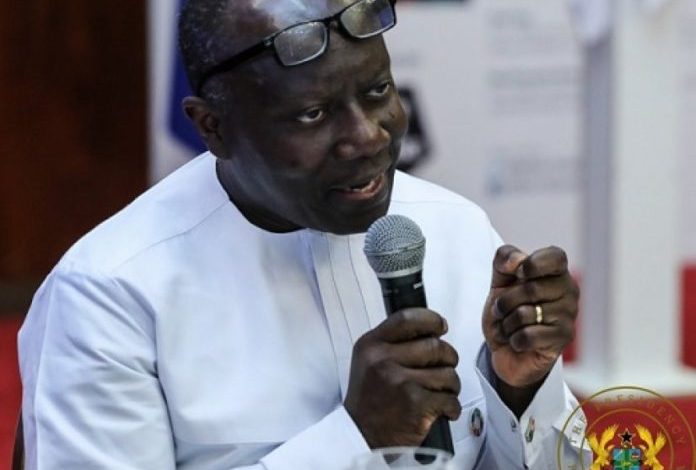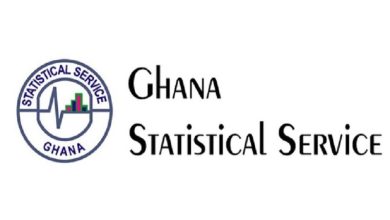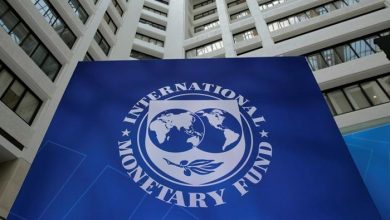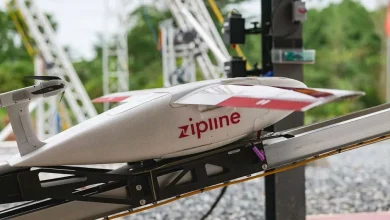Deliberate data misreporting claims completely untrue – Ken Ofori-Atta

Finance Minister Ken Ofori-Atta has categorically denied dishonestly misreporting economic data to parliament.
The allegation of deliberately misreporting economic data to parliament is completely not true, he said, responding to a censure motion filed by the Minority.
Contrary to the position of others that the ministry did not reflect the Finsec payments and the energy sector IPP payments in the fiscal framework, he emphasized – with the Budget document as evidence – that these payments were reflected in the fiscal framework.
The Minority based their accusation of deliberately misreporting economic data to parliament on grounds that the financial sector clean-up and energy sector Independent Power Producers (IPP) payments were excluded from public debt.
According to the Minority, by treating these debts differently the fiscal deficit is reduced to make economic indicators look good.
He said the ministry included the energy sector Independent Power Producers (IPP) payments in the ‘amortisation’ line in the Fiscal Framework during 2018-2021.
Energy Sector Excess Capacity payments of GH¢17billion relate to a legacy of take or pay contracts that saddled the country’s economy with annual excess capacity charges of close to US$1billion.
Government had to pay around US$500million a year in excess capacity charges for power the previous administration negotiated – which the country did not need and does not use.
Similarly, he said the financial sector clean-up costs were included in the fiscal framework annually for the period 2018 to 2021 to reflect the issuance of bonds to cover the non-cash costs.
Government directly spent GH¢25billion to save the banking and SDI sector – preventing a near-collapse of the financial sector; saving close to 5,400 direct jobs and 12,000 indirect jobs; and ensuring that 4.6 million depositors were protected.
Mr. Ofori-Atta explained that these are extra-ordinary payment items which need not be mixed-up with traditional fiscal operations
He explained that these are largely bonds, and capturing them above the line will imply recognising their payments now and again when they fall due in the future – a possible double counting.
The Finance Minister stated that the Energy sector IPP payments were reflected in the fiscal framework as part of the Amortisation line under the Financing part of the fiscal table.
He noted that these are debts of State Owned Enterprises (SOEs) that have been assumed by government and are largely contingent liabilities that have crystalised for payment.
Ofori-Atta said the Finsec bailout exercise is largely completed, and therefore ceases to be an extraordinary budget item
On the other hand, he said IPPs payments are expected to be made over the medium-term; and given that they have become explicit contingent liabilities, appropriately budgeting for them “above the line” ensures resources are duly allocated for their settlement
He stated the ministry agreed with the Finance Committee of Parliament in 2021 that going forward from 2022, both the Energy IPP payments and Finsec payments will be treated “above the line” in the fiscal framework for the following reasons.
According to him, the agreed style of reporting to the International Monetary Fund (IMF) was to show a deficit including the Finsec clean-up and another one excluding it.
According to him, under this government there have been significant improvements in the accurate reporting of public finances; and Ghanaians are enjoying greater accountability and transparency in management of the public purse than during any other period before.
Ghanaians will recall that in support of data presented by the Ministry of Finance in May 2020, Dr. Albert Touna Mama – the then-country representative of the IMF – came on Joy FM’s News File Programme to state that there was no misrepresentation of data by government as was being alleged. Dr Touna Mama said government was not the one that presented the figures which the IMF published in its statements.
He explained that the difference in figures was as the result of a difference in methodology of calculation, adding that the figure in fiscal deficit in their statement was a figure they generated themselves from the data government presented to them – having added financial and energy sector payments in line with their methodology, which is different from government’s methodology.
Source: thebftonline










